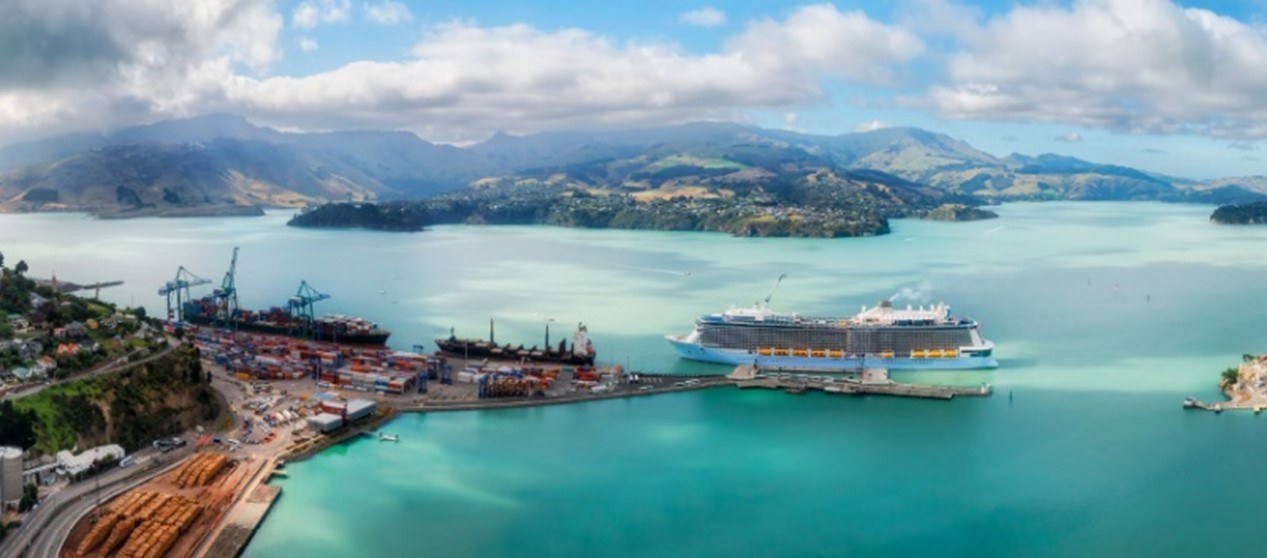Seen something unusual? MAKE A REPORT
Seen something unusual? MAKE A REPORT

New Zealand’s bumper 2023/24 cruise season is well underway, with 57 cruise vessels from 20 major lines making journeys to our shores, an increase of nearly 30% from last season.
Two new lines – Disney and Virgin – have made debut visits the season, which runs October through to April.
With ports near growing regions, we often get questions from growers about Biosecurity New Zealand’s Recognised Cruise Line Programme (RCLP), which evaluates a range of cruise line processes for managing biosecurity risk, and the areas looked at via the programme. Here’s what’s covered:
In the Bay of Plenty, we also have the Port of Tauranga Biosecurity Excellence programme, which involves the Port, KVH, Biosecurity New Zealand, and other local industry and council working together to raise awareness with frontline staff and ensure there are no biosecurity incursions through the Port.
Importantly, data shows that interventions to manage biosecurity risk in the cruise pathway work well. Performance surveys for the 2022/23 season showed that 99.7% of cruise passengers were compliant with biosecurity requirements before leaving control areas.
Some interesting cruise season facts:

KVH investigates reports of unusual symptoms to identify and manage any biosecurity risks.
The KVH portal is now the Zespri Weather & Disease Portal. Access all the weather tools you're familiar with.
